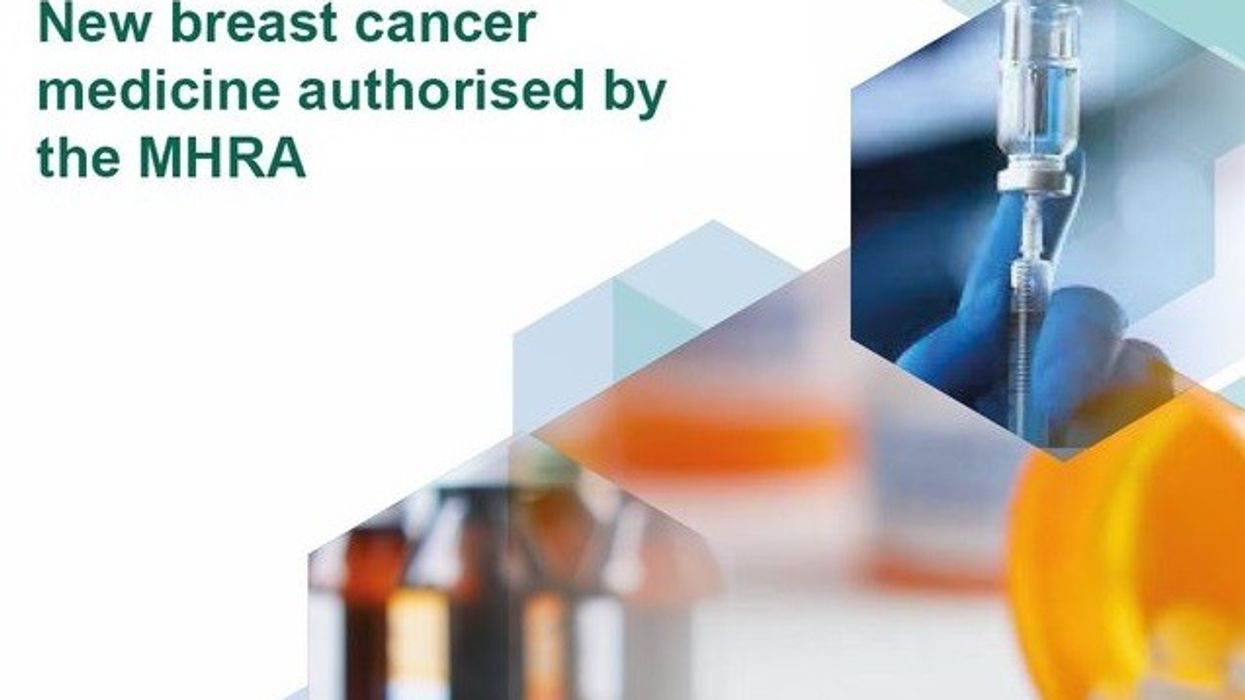Thousands of women facing a higher risk of breast cancer are set to receive aid through a risk-reducing drug, now approved for use by the NHS. The state-funded health service made the announcement on Tuesday (7), marking a significant step in preventing the disease.
Anastrozole, a long-standing breast cancer treatment has been licensed by the Medicines and Healthcare products Regulatory Agency (MHRA) as a preventive measure, raising hopes of averting numerous breast cancer cases in England.
The National Institute for Health and Care Excellence initially suggested Anastrozole as a preventive choice in 2017.
The off-patent drug (meaning more than one company can make it) demonstrated through trials, significantly reduces the disease's occurrence by nearly 50 per cent in post-menopausal women facing increased risks.
“Breast cancer is the most common cancer in the UK, so I'm delighted that another effective drug to help to prevent this cruel disease has now been approved,” said health minister Will Quince.
“We've already seen the positive effect Anastrozole can have in treating the disease when it has been detected in postmenopausal women and now, we can use it to stop it developing at all in some women. This is a great example of NHS England's innovative Medicines Repurposing Programme supporting the development of new ways for NHS patients to benefit from existing treatments,” he said.
Around 289,000 women at moderate or high risk of breast cancer could be eligible for the drug, and while not all will choose to take it, it is estimated that if 25 per cent do, around 2,000 cases of breast cancer could potentially be prevented in England, while saving the NHS around GBP 15 million in treatment costs.
“This is the first drug to be repurposed though a world-leading new programme to help us realise the full potential of existing medicines in new uses to save and improve more lives on the NHS. Thanks to this initiative, we hope that greater access to anastrozole could enable more women to take risk-reducing steps if they'd like to, helping them live without fear of breast cancer,” said NHS chief executive Amanda Pritchard.
The treatment is taken as a 1mg tablet, once a day for five years. Anastrozole is an aromatase inhibitor, which works by cutting down the amount of the hormone oestrogen that a patient's body makes by blocking an enzyme called “aromatase.”
The most common side effects of the medicine are hot flushes, feeling weak, pain/stiffness in the joints, arthritis, skin rash, nausea, headache, osteoporosis, and depression.
Anyone who suspects they are having a side effect from this medicine is encouraged to talk to their doctor, pharmacist or nurse and report it directly to the MHRA's Yellow Card scheme.
“The extension of anastrozole's licence to cover it being used as a risk-reducing treatment is a major step forward that will enable more eligible women with a significant family history of breast cancer, to reduce their chance of developing the disease,” said Baroness Delyth Morgan, chief executive at the Breast Cancer Now charity.
The UK's Medicines Repurposing Programme was set up in 2021 and is hosted by NHS and supported by the government to build on the innovation in medicines repurposing seen during the Covid-19 pandemic, when tocilizumab, an arthritis drug, and dexamethasone, a widely available steroid, was repurposed as treatments for coronavirus.
(With inputs from PTI)




